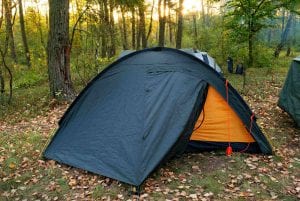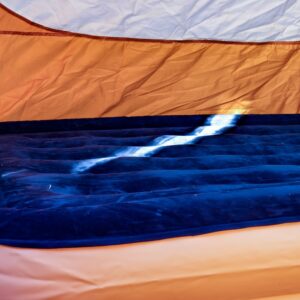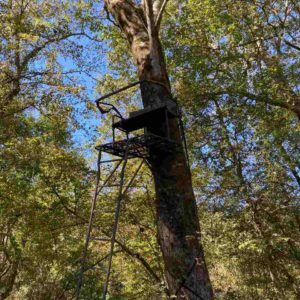You’ve bought a kayak or borrowed one from a pal. The water is glistening, and the sky is clear. You’re ready to get out there for an overnight trip, but you aren’t sure what you need to do to prepare. Luckily, kayak or canoe camping is easy to master, and it’s one of the most enjoyable hobbies you can try. Follow these tips for an amazing overnight kayaking or canoeing experience that you’ll remember for the rest of your life.
Keep Things Dry
Yes, there are compartments inside most kayaks to keep out water in case it rains or the boat flips – but these aren’t necessarily watertight. If you’re concerned that some of your gear may get wet, consider putting them in dry bags inside the hatches. Put gear that absolutely cannot get wet, like electronics, into dry boxes with O-ring seals.
Avoid Bulky Gear
Remember that small items are easier to carry – even if you have more of them. Instead of stuffing things into large dry bags, put smaller pieces into tiny dry bags to help you make use of the many oddly shaped spaces inside your kayak. Pack large or awkward goods, like large dishes, first, and then work around them. Trying to choose between your two-person tent and your one person tent? Go with the one person tent! Better yet, ditch the tent and use a tarp!
Provide Proper Balance
Make sure your kayak sits level on the water by avoiding too much weight in the ends. This will make it difficult to turn. Instead, pact with the navigation of your kayak in mind, and always place things you’ll need to access while you’re paddling – like a raincoat, water bottle, or lunch – within easy reach.
Pack What You Need, Not What You Want
Remember – you’re going to be tempted to pack everything and the kitchen sink when you head out on your overnight kayaking trip. And while kayaks can carry a lot, try not to bring stuff you don’t absolutely need. Not only will it make paddling more cumbersome, but it will also mean more stuff you have to lug to the campsite, too.
Practice
Remember that kayaks move on surfaces that are also always moving. Once you add the weight of all of your gear, it may be difficult to get moving at a good clip. Learn how to read tide tables and remember that what you pack will play a huge role in how quickly you can move. Pack your gear ahead of time to make sure everything fits, and practice paddling in all kinds of conditions before you attempt an overnight trip.
Plan Out Your Route
It is arguably easier to get confused on the open water than it is hiking through the woods. When you’re hiking, your perspective will always change, but in a kayak, you’re always on the water. Teach yourself how to read charts and be prepared with a backup source of navigation in all situations.
Keep An Eye On The Weather
The last thing you need is to get stuck in a thunderstorm while you’re dead center in the water. Teach yourself weather patterns and listen closely to the forecast. This can help prevent dangerous or simply unpleasant situations should unexpected weather blow in.
The most important tip? Have fun! Kayak camping offers the adventure of a lifetime, and being prepared will help ensure that you make the most out of every minute.





